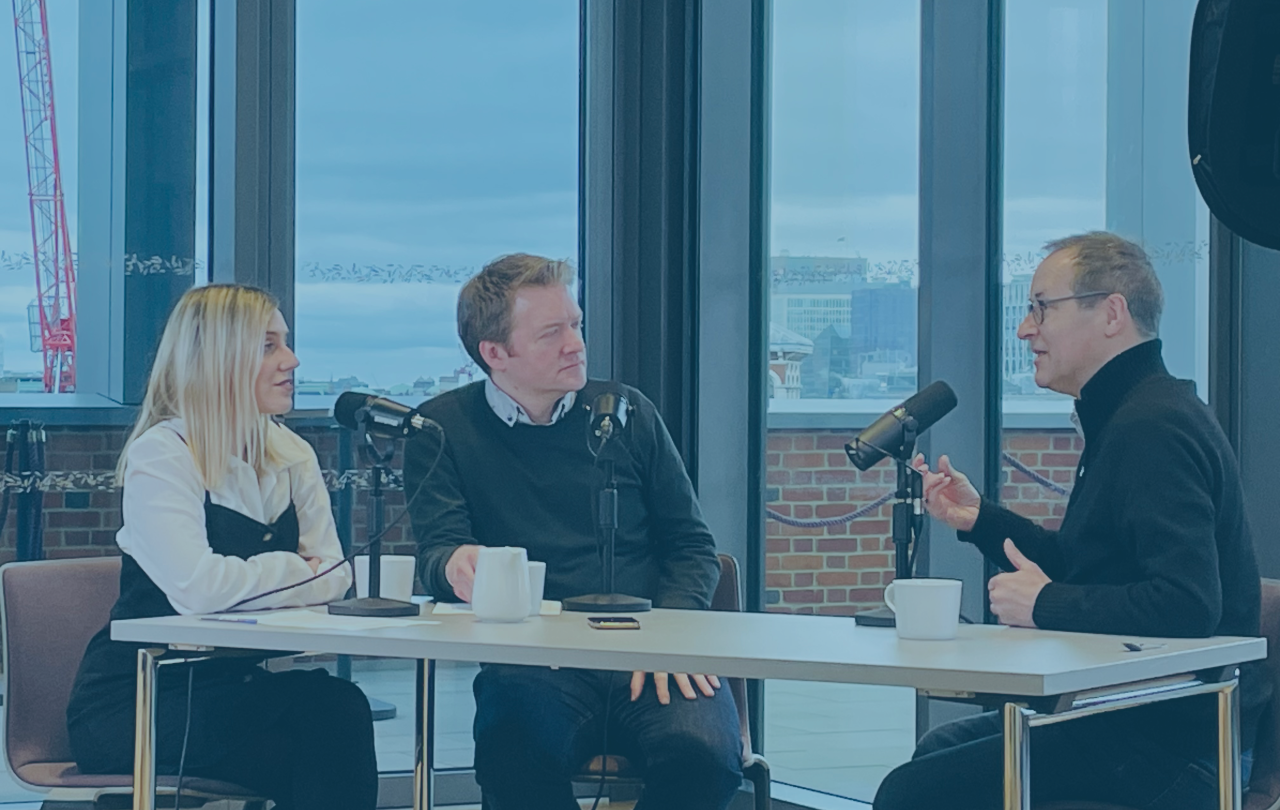Two weeks ago, the University of Nottingham announced it is to axe its single-honours Undergraduate degree in Theology and Religious Studies. While the joint honours with Philosophy and Religion, Culture and Ethics remain, the fact that Theology is discounted as a subject worth keeping to study in its own right is concerning. In a world that is becoming increasingly more divided, unoptimistic and confusing, the study of Theology provides deep levels of understanding to our world, increasing hope and providing a way forward. I fail to see how the University of Nottingham can remain a respected university without offering the opportunity to study such understanding.
Studying religion and theology has been central to my personal development. I’ll never forget sitting in a classroom when it felt as if the world was opening up to me. I could understand people’s views on the afterlife halfway across the world, while simultaneously also understanding my classmates, and what they thought of these beliefs.
GCSE and A-Level Religious Education went on to show me that it is one of the few subjects that illuminates all aspects of humanity. The study of religion and theology covers literature, philosophy, psychology, sociology, history, anthropology…; the list goes on.
Often Philosophy and Theology are pitted against one another, but during my studies I discovered that the writings of Aristotle and Plato overlap with early Christian thinking, revealing to me that we are far more united in our history and beliefs than we assume. The philosophers’ discursive forms revealed not only something about the divine but also the human; the way that we argue, think, and reason. Thus, theology at its core aims to understand people, while also aiming to understand the divine; and this, I think, requires a level of fearlessness and honesty that other subjects cannot always provide.
This intrigue led me to Nottingham to study theology at degree level, and as I come to the end of my studies I know I will leave with more questions about our world and spirituality than I have answers. In particular, my life at university has provided me with the opportunity to interact with so many different types of people, and so, despite my personal faith, I know that the world shows us so many fractions of the divine in ways that aren’t quite clear. This is the beauty of studying theology; it encourages us to live in the uncomfortable. This is something that I think leads to us wanting to understand one another better.
While the cutting of theology at Nottingham shows a funding problem, this is part of a wider issue; crisis is visible all across our world. Israel-Palestine violence continues; the recent vote to release the Epstein files reveals layers of deceit in multiple leaders, and the recent murder of Charlie Kirk plummeted MAGA into a more extreme Christian nationalism. But the reporting on these kinds of stories, while important, has knock-on effects, especially for young people.
In July 2025, Unicef reported that Gen Z consume news more than any other type of content, 6 in 10 of our generation reporting to feel overwhelmed. My age group’s over-exposure to the news drives us somewhat towards a desire for change, although this determination can lead to overwhelm. I have certainly felt this myself. But this is exactly where the study of theology can provide a light within deceit and despair.
The studying of ancient holy texts and religious practices teaches me the nuances of human nature; we are sometimes good, sometimes bad. We also do not always communicate effectively. Mistranslations within texts lead to misunderstandings of the Bible, and for some people who read the Bible literally, their understanding of the Bible is their reality. Yet at the same time, by assuming that there is a God, theology seeks to understand how this indicates our need for a divine being to underpin these misunderstandings. Studying theology encourages higher tolerance levels for others’ beliefs.
While the council at the University of Nottingham may argue that it is continuing its other religion degrees, the removal of single honours theology hints at something deeper than financial issues. It shows a lack of effort to understand the value that religion has on our society today. The Israel-Palestine war, for example, is underpinned by identity and religion, and cannot be understood without sufficient education on Jewish and Palestinian history. The decision that Religious Education will be added into the new national curriculum (ironically announced the day before Nottingham’s announcement of course cuts) is a step in the right direction for the encouragement of religious education in UK schools, but without Russell Group universities like Nottingham providing a Theology degree, I am concerned for the future of religious understanding in our society.
Let’s save Theology at the University of Nottingham. Please sign our petition.






